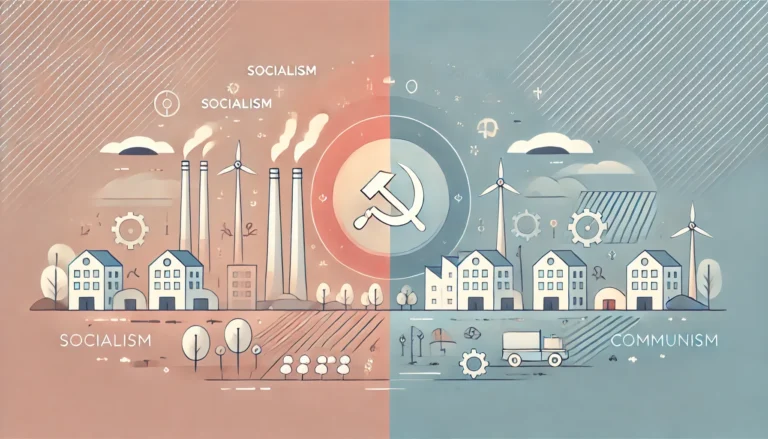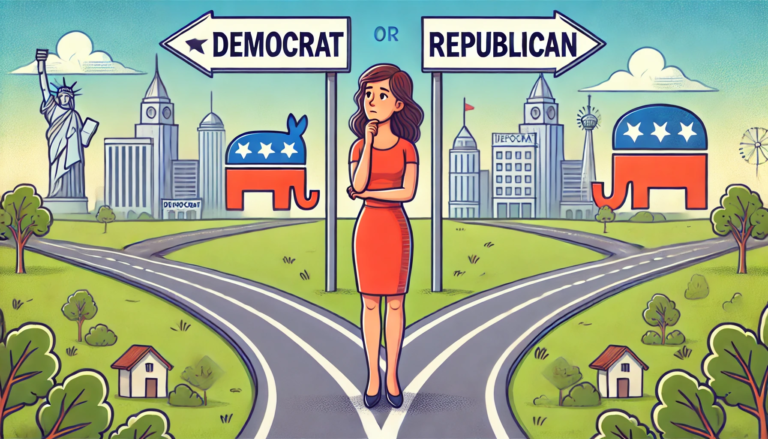Decoding the Week: Key Political and current issues in the world 2024.
As we navigate the complex current issues in the world 2024, staying updated on the latest developments is more crucial than ever. This week’s key political news and social issues in 2024 showcase a dynamic interplay of voter opinions, legislative changes, and pivotal electoral developments. By examining major stories and highlighting trends that could shape the upcoming elections, we provide a comprehensive analysis designed not only to inform but also to engage and persuade our audience. Join us as we decode the week, offering insights into the pressing issues of 2024 and their potential future implications.
Major Political Developments
Legislative Changes Impacting Voters
Recent legislative changes are significantly altering the voter landscape in 2024. Several states have introduced new laws aimed at modifying voting procedures, which could impact voter turnout and election outcomes. These changes include alterations to mail-in voting regulations, stricter ID requirements, and revised early voting schedules. While supporters argue these changes enhance security and integrity, critics claim they may suppress voter participation, particularly among marginalized communities.
These legislative shifts have sparked widespread debate and legal challenges, highlighting the intense scrutiny of electoral processes. The implications are profound, potentially impacting not just how people vote, but also who has accessible entry to the polls. Understanding these legislative changes is crucial for voters navigating the evolving electoral landscape and exercising their rights effectively. As these debates unfold, they remain a critical component of the pressing issues in the world of 2024.
Key Electoral Developments to Watch
This election cycle introduces several key electoral developments that demand close attention. One major development is the rise of third-party candidates gaining traction in battleground states, potentially disrupting traditional voting patterns. Additionally, demographic shifts, such as an increase in younger and more diverse voters, are set to significantly influence election outcomes. These changes could reshape party strategies as they vie for these pivotal votes.
Another critical aspect is the role of technology in campaigning and voting. With increased use of digital platforms for voter outreach and related misinformation concerns, understanding these dynamics is essential in 2024. The impact of social media on voter perceptions and the measures taken to secure electronic voting systems are central to this year’s electoral narrative.
These factors, combined with evolving voter preferences, highlight the complexity and fluidity of the political environment. Monitoring these developments helps anticipate changes that could define the political landscape for years to come.
Voter Opinions on Current Issues
Voter opinions in 2024 are deeply shaped by pressing social issues and economic concerns. Climate change remains a significant topic, with many voters demanding more aggressive policies to mitigate its effects. Healthcare continues to be a top priority, particularly regarding accessibility and affordability. Economic challenges, including inflation and job security, also dominate the voter agenda.
Additionally, social issues such as racial equality and gender rights are pivotal in shaping voter preferences. These issues not only influence individual voting decisions but also drive broader political discourse. As parties craft their platforms, they must address these concerns to resonate with a diverse electorate.
Understanding voter opinions on these current issues provides a lens into the priorities driving the 2024 elections. It also underscores the need for responsive policies that address these evolving concerns. Engaging with these voter sentiments is crucial for any political campaign aiming to connect effectively with the electorate.
Social Issues in 2024
Trends in Public Sentiment
Public sentiment in 2024 is increasingly characterized by a blend of optimism and apprehension. Many individuals express hope for progressive changes in areas like environmental policies and social justice, reflecting a desire for long-term, sustainable solutions. Simultaneously, there is palpable anxiety about economic stability, healthcare access, and political polarization.
Social media continues to amplify these sentiments, creating echo chambers that can intensify public opinion. This digital influence enables specific issues to gain rapid traction, driving public discourse and potentially swaying voter behavior. Mental health awareness is also on the rise, with more calling for better support systems and policies to address this critical issue.
These trends highlight the complex fabric of public opinion and the varied priorities across different demographic groups. Recognizing and understanding these sentiments is essential for addressing the pressing issues in the world of 2024 and crafting policies that resonate with the broader population.
Expert Analysis and Insights
Experts analyzing social issues in 2024 emphasize the interconnectedness of economic, environmental, and social factors. A key insight is the growing recognition that addressing climate change requires integrating social justice considerations, ensuring policies are equitable and inclusive. Economists highlight the need for resilient economic structures that withstand global disruptions, stressing sustainable growth models.
Sociologists underscore the role of education in bridging societal divides, advocating for reforms enhancing accessibility and quality. They suggest an informed citizenry can better navigate complex issues, fostering a more cohesive society. Public health experts emphasize robust healthcare systems prioritizing preventive care and mental health support.
These insights provide a roadmap for policymakers tackling pressing issues in the world of 2024. By considering expert perspectives, decision-makers can devise strategies that not only address immediate challenges but also build a foundation for a more resilient future.
Implications for Future Policies
The social issues of 2024 present significant implications for future policies, advocating for a reevaluation of current approaches. Policymakers must consider the intersectionality of issues such as climate change, economic inequality, and social justice to create comprehensive solutions. Future policies should integrate environmental sustainability with economic resilience, ensuring green initiatives also support job creation and economic stability.
Furthermore, social justice considerations must be central to policy development, promoting equity across demographics. This might involve reforming healthcare to be more inclusive or implementing educational policies addressing disparities in access and quality.
The need for transparent and participatory policy-making is increasingly evident. Engaging communities in the decision-making process can ensure policies are responsive and equitable. These implications highlight the necessity for adaptive, forward-thinking strategies that address current challenges and anticipate future societal needs, fostering a more inclusive and sustainable future.
Analyzing Current Issues in the World 2024
Major Stories Shaping the Narrative
Several major stories are shaping the narrative of 2024, reflecting the complexity of pressing issues globally. One prominent story is the ongoing global response to climate change, with nations striving to meet ambitious emissions targets while balancing economic growth. This narrative drives policy changes and public activism, emphasizing the urgent need for sustainable solutions.
Another significant story is the geopolitical tension between major world powers, influencing international relations and trade agreements. These tensions are affecting global markets and creating uncertainty in economic policies.
The rise of digital misinformation is also a crucial story, impacting public trust in media and institutions. Efforts to combat misinformation are shaping discussions around free speech and regulation of digital platforms.
These stories highlight the interconnected nature of global issues, showing how developments in one area can influence multiple facets of society. Understanding these narratives is essential for grasping the broader context of 2024’s political and social landscape.
Diverse Perspectives and Expert Opinions on current issues in the world 2024
Diverse perspectives and expert opinions are crucial for a comprehensive understanding of current issues worldwide in 2024. Political analysts provide insights into shifting global power dynamics, emphasizing diplomatic strategies’ importance in maintaining stability. Economists stress policies addressing income inequality and promoting sustainable development, particularly in the face of climate challenges.
Sociologists and cultural critics offer valuable viewpoints on the social fabric, addressing issues such as systemic racism, gender inequality, and technology’s impact on human interactions. These perspectives are vital for understanding social tensions’ root causes and devising inclusive policies.
Public health experts underline robust healthcare systems’ necessity and preparedness for future pandemics. Their insights highlight health, economic stability, and social well-being interconnectivity.
By integrating these diverse viewpoints, policymakers and the public can gain a more nuanced understanding of the current landscape, leading to more informed and effective decision-making.
Engaging with Political Tests for Perspective on current issues in the world 2024
Engaging with political tests offers a valuable opportunity to gain perspective on one’s beliefs and the broader political spectrum. These tests help individuals identify where they stand on key issues such as economic policy, social justice, and international relations. By providing structured questions and scenarios, political tests encourage introspection and a deeper understanding of personal values.
Moreover, these tests highlight the complexity of political ideologies, illustrating how different issues intersect and influence one another. This understanding is crucial in 2024, as voters navigate a landscape of nuanced and interdependent social issues.
Taking political tests can foster dialogue and debate, encouraging individuals to discuss their results with others and explore differing viewpoints. This exchange of ideas can lead to increased empathy and a more informed electorate. Ultimately, political tests serve as a tool for reflection and education, helping individuals engage more thoughtfully with pressing issues globally.








